The Problem
While data is crucial for the success of AI/ML models, it’s a mistake to assume that access to more data is always better. Large volumes of data often correlate with data drift, which can degrade model performance. Some specific challenges with excessive data include:
- Unmanageable data velocity: When data arrives faster than your team can process it, your production model quickly becomes outdated. Think about the challenges that Reddit has keeping models up to date when they’re seeing over 1,000 posts per minute. You may not be grappling with that scale, but I’d guess you might have fewer resources too!
- Complex model retraining: Highly complex models risk regression if retraining cycles are rushed or poorly managed. Picture highly sophisticated customer churn models that need to evolve to changing preferences or competitive pressures, but also have a lot of noise in their data set - retraining likely requires a lot of data wrangling and testing to manage this drift without bad outcomes.
- Adversarial scenarios: In fields like cybersecurity or fraud detection, malicious actors constantly try to outsmart your model, leading to instability in the "ground truth."
The Status Quo
To address these challenges, teams often rely on three common strategies:
- Fast retraining: Continual retraining helps models adjust to new data, but production models still suffer from inaccuracies due to the inevitable lag. This delay can sometimes reach several weeks.
- LLM hacks: If you’re willing to hack an LLM to act as a classifier or ranker, you can use RAG to ensure the most up-to-date information is available. Unfortunately, using a generative model for another task usually carries a noticeable performance penalty and lots of extra compute costs.
- Human augmentation: Adding humans to the loop to clean up errors can reduce inaccuracy, but this approach adds significant ongoing costs that can become prohibitive as your model scales.
Each of these solutions demands significant time and resources from your ML/AI team just to maintain performance without fully resolving the core issue of data drift and its impact on accuracy.
How Orca Helps You Keep Up with Changing Data
Orca introduces the benefits of RAG (accessing external data to adjust outputs) to classifiers through our proprietary Retrieval Augmented Classifier models.
By training models to learn to trust new data during inference, Orca allows you to dynamically update your model's outputs without the need for expensive and time-consuming retraining. This ensures that your models stay relevant without noticeable downtime. You can update or modify the data being used by the model without needing to retrain it from scratch.
Additionally, by creating transparency into how your model uses specific data points, Orca helps you assess new data’s usefulness without committing to full training runs. Instead, you can add new data (or remove unhelpful data) or run new test sets through the model and see exactly where you can improve performance.
By providing better access to your data pipeline, Orca empowers businesses to prevent data drift driven degradation and ensure that their models continue to perform optimally, even as external conditions change.

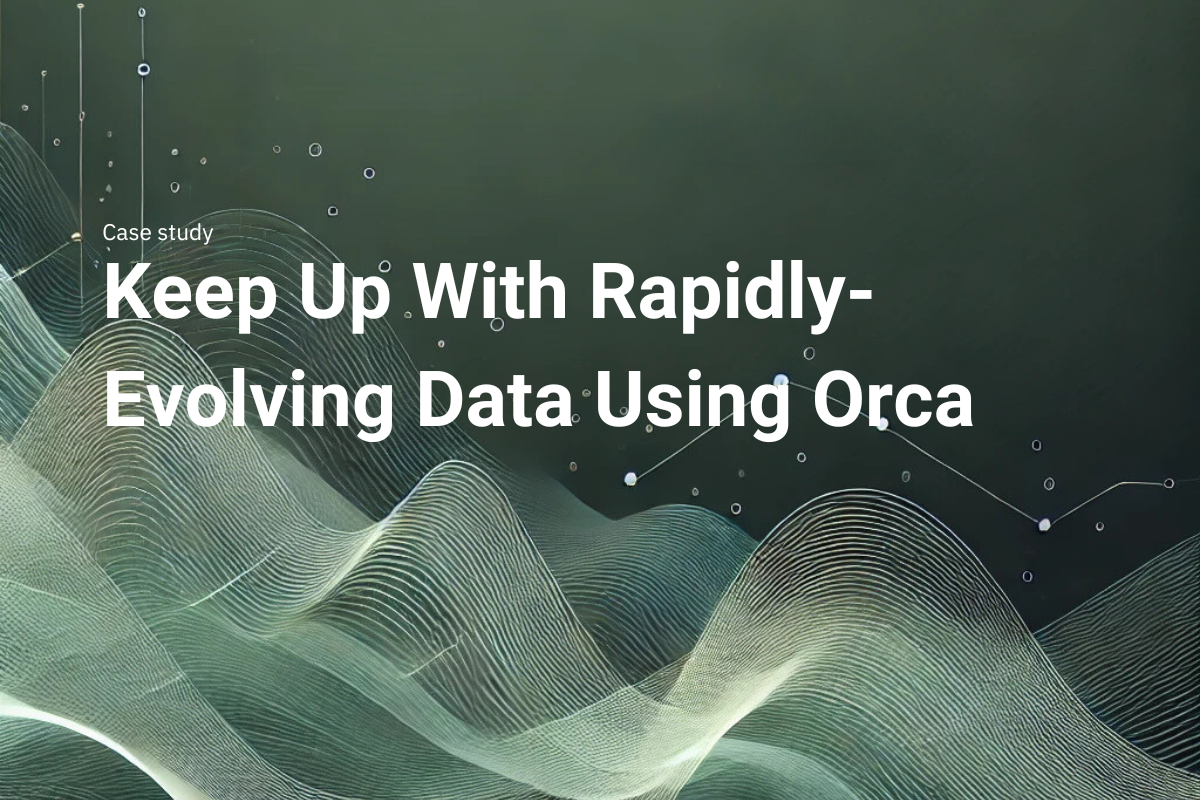
.png)
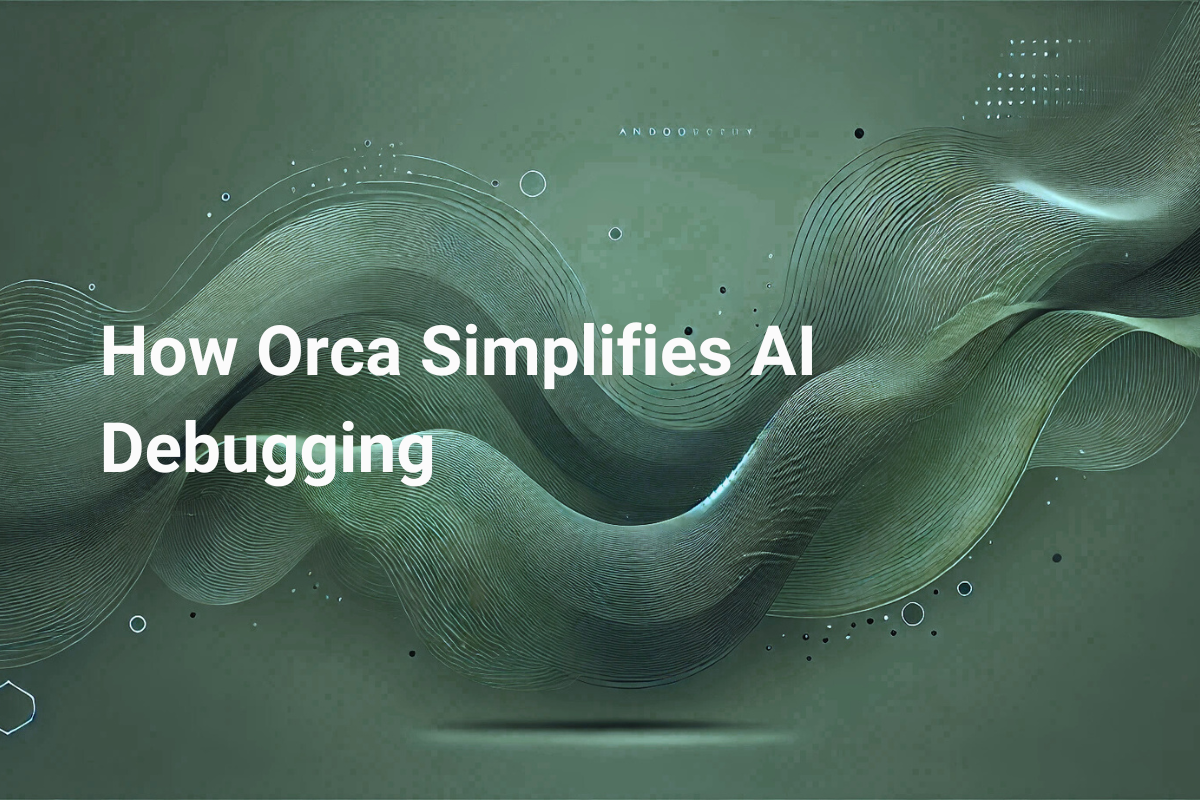

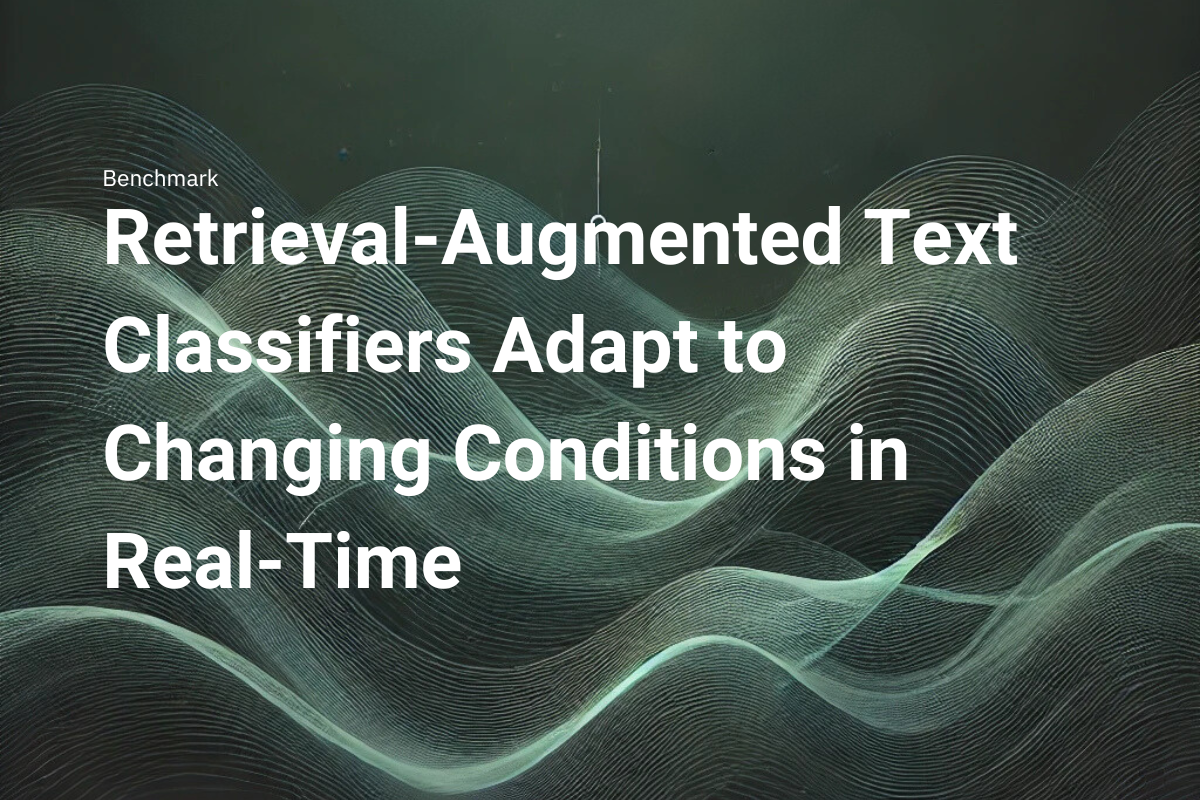
.png)

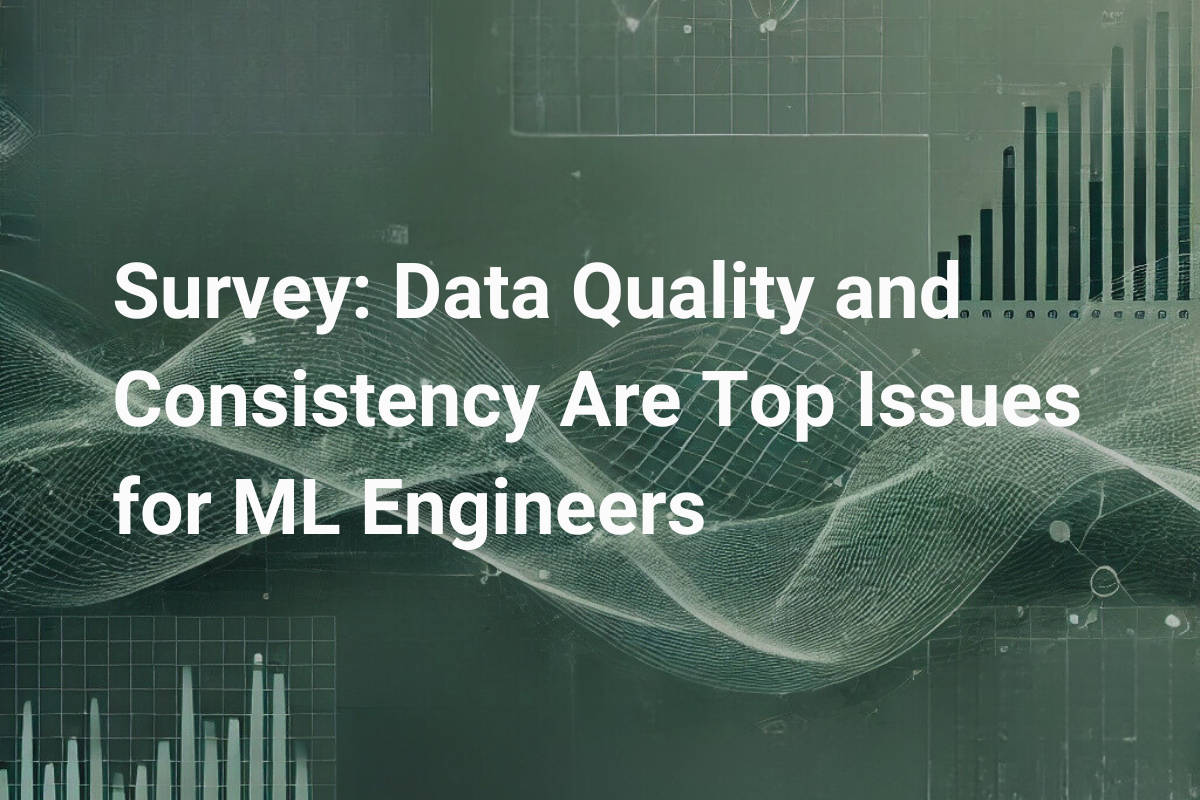

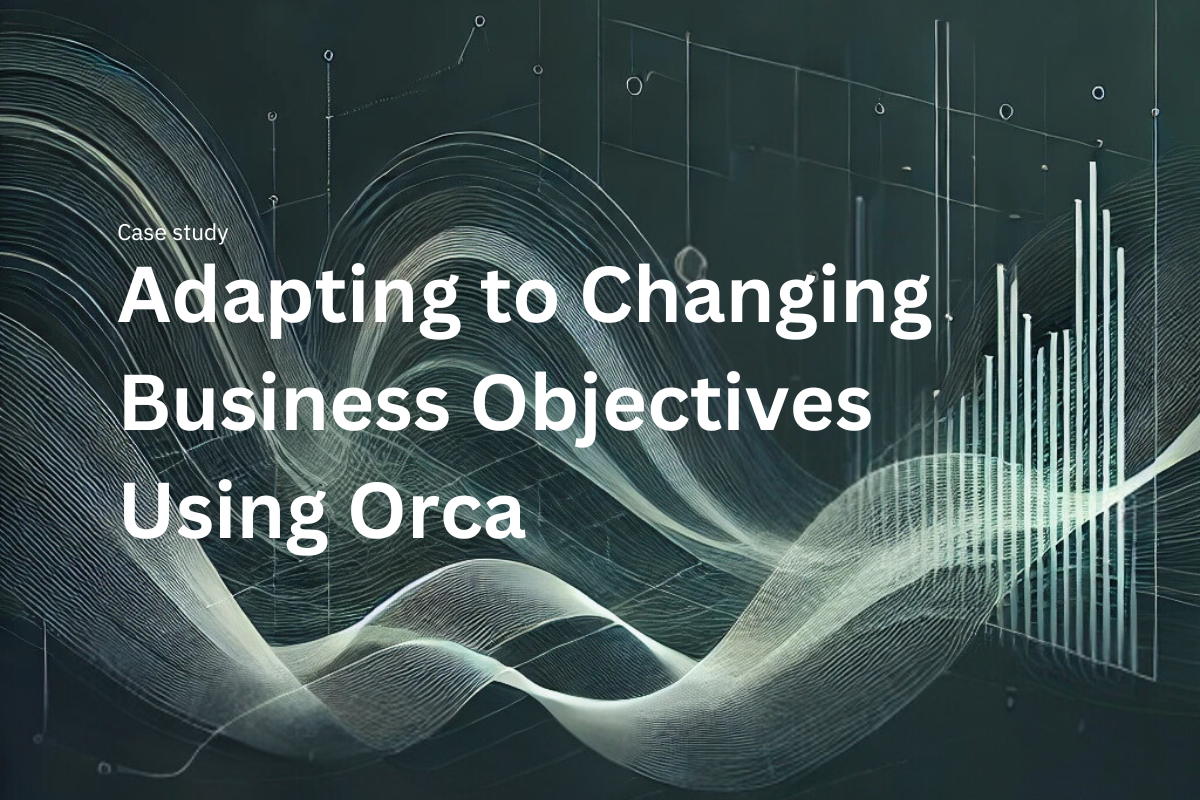
.png)
